Your food choices have a huge influence on your health and vitality. Some foods can help to protect your organs, whereas other types of food will damage and weaken your organs – including your brain.
Your brain is one your most important organs, yet damage to the brain can be impossible to repair. Thankfully certain foods can help to protect and strengthen the brain, reducing the chances of brain diseases such as Alzheimer’s and Parkinson’s.
If you want to boost your brain power, try to include these 10 foods in your diet:
1. Avocado
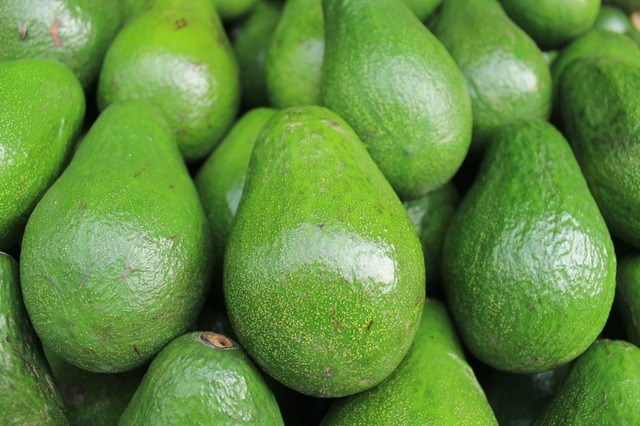
Some people avoid avocados due to their high fat content, but they are great for the brain. Avocados are filled with both folate and vitamin K, which help to improve cognitive function and prevent blood clots in the brain.
2. Coconut oil
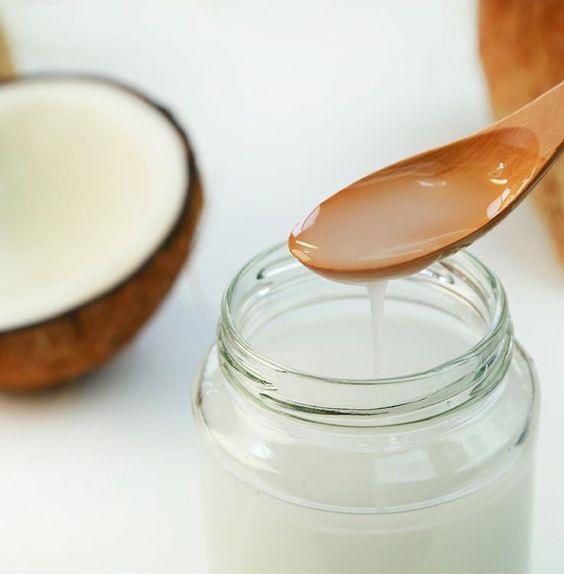
Coconut oil is known for its numerous benefits, including helping to boost brain power. This is because coconut oil can enhance the ability of neurons in the brain while slowing the production of free radicals that can damage the brain. They also contain saturated fat and antioxidants, which is an essential nutrient for brain function.[1]
3. Beets
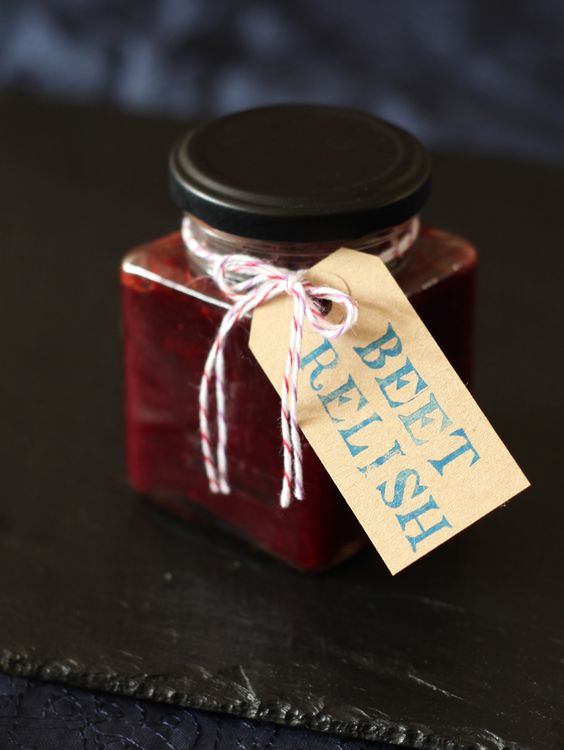
Beets contain natural nitrates that help to boost blood flow to the brain, improving mental performance. They also reduce inflammation in the body and they are filled with antioxidants that help to rid your blood of toxins.
4. Blueberries

Blueberries are known as a super food, so it may come as no surprise that they can benefit your brain. Blueberries are one of the most antioxidant-rich foods, containing vitamin K, vitamin C, fiber and gallic acid, which protects the brain from degeneration and stress, helping to improve memory.[2]
5. Dark Chocolate
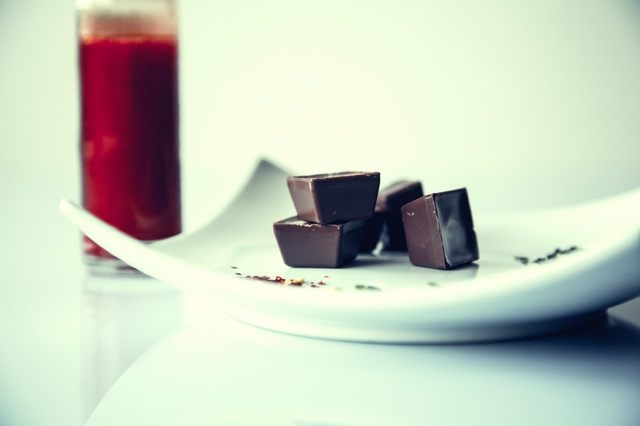
Dark chocolate is good for the body and brain in small quantities. This is because it is filled with flavonols which have anti-inflammatory and antioxidant properties. Dark chocolate can also lower blood pressure and improve the flow of blood to the brain.
However it is import to make sure that you buy dark chocolate; both milk and white chocolate are highly processed and they won’t benefit your brain. Look out for chocolate that is at least 70% if you want to boost brain power!
6. Leafy Greens
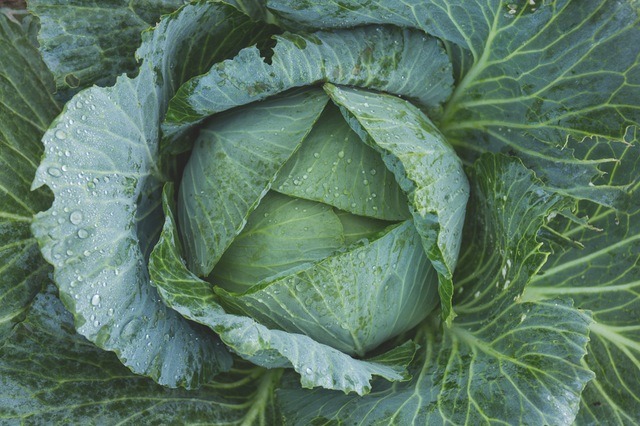
Leafy greens such as spinach, kale, romaine lettuce and Swiss chard are great for your brain; recent research has found that they can even help to reduce the chances of dementia.
The research looked at the eating habits and mental abilities of nearly 1,000 adults over a period of five years. The researchers found that adults who ate leafy green vegetables at least once a day experienced slower mental deterioration that the adults who ate no vegetables.[3] This was still true even when the researchers factored in age and family history of dementia.
7. Wild salmon

Wild salmon is a great source of omega-3 oil DHA, which helps to boost brain power. DHA is an important oil that helps to maintain the health of your brain cells – it even helps to increase the growth of brain cells. This can help to reduce the risk of Alzheimer’s disease.[4]
8. Almonds
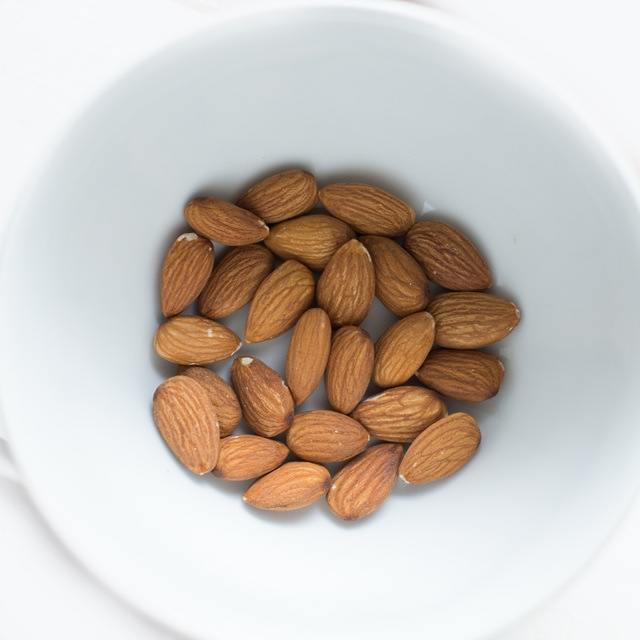
Almonds, much like wild salmon, contain lots of omega-3 fatty acids that benefit the brain and boost brain power. Almonds also contain vitamin E which helps to further protect the brain.
9. Extra Virgin Olive Oil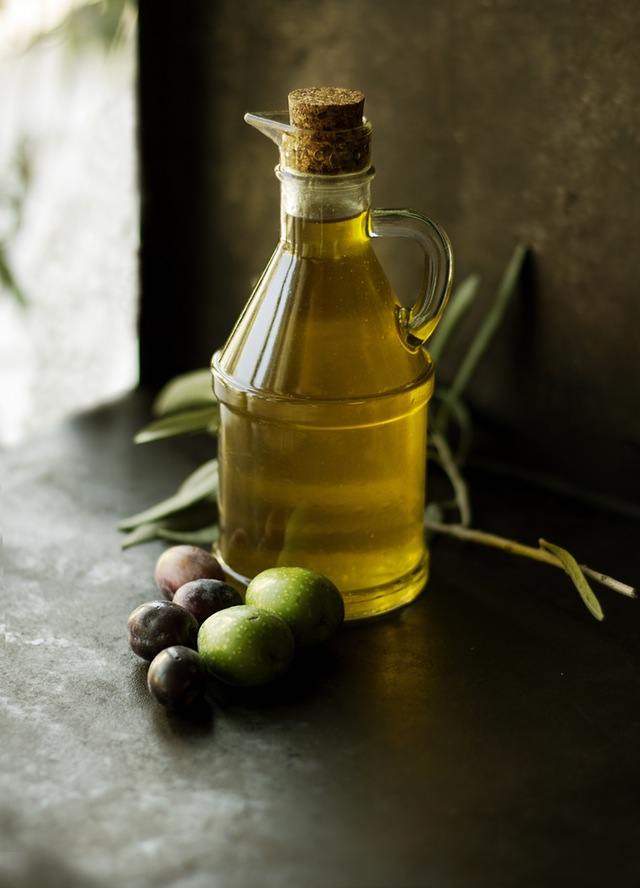
Extra virgin oil can help to boost brain power as it contains antioxidants known as polyphenols. Polyphenols can help to improve both learning and memory, and they can even reverse the effects of age and disease. Extra virgin olive oil also fights against the proteins that induce Alzheimer’s.
10. Turmeric
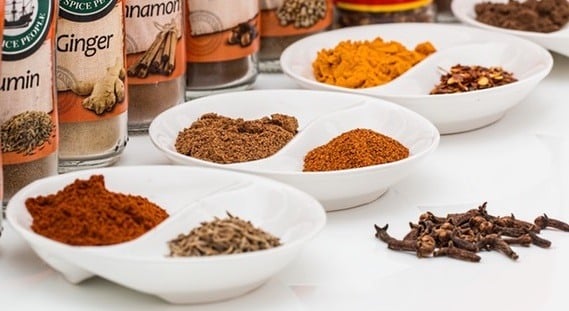
Turmeric can help to reduce inflammation in the brain, and recent studies have even suggested that it can be used to treat Alzheimer’s [5]. Turmeric has been used for thousands of years in the fight against brain degeneration; researchers have found Vedic texts that date back over 3,000 reporting that turmeric can boost brain power!
Reference
| [1] | ^ | http://ift.tt/2dGWQhX |
| [2] | ^ | http://ift.tt/2eMIHPF |
| [3] | ^ | http://ift.tt/2e4bfYX |
| [4] | ^ | http://ift.tt/1fvleSS |
| [5] | ^ | http://ift.tt/2eff1Lm |
The post Want Better Focus And Memory? 10 Foods To Boost Your Brainpower appeared first on Lifehack.
from Lifehack http://ift.tt/2hmUw2H